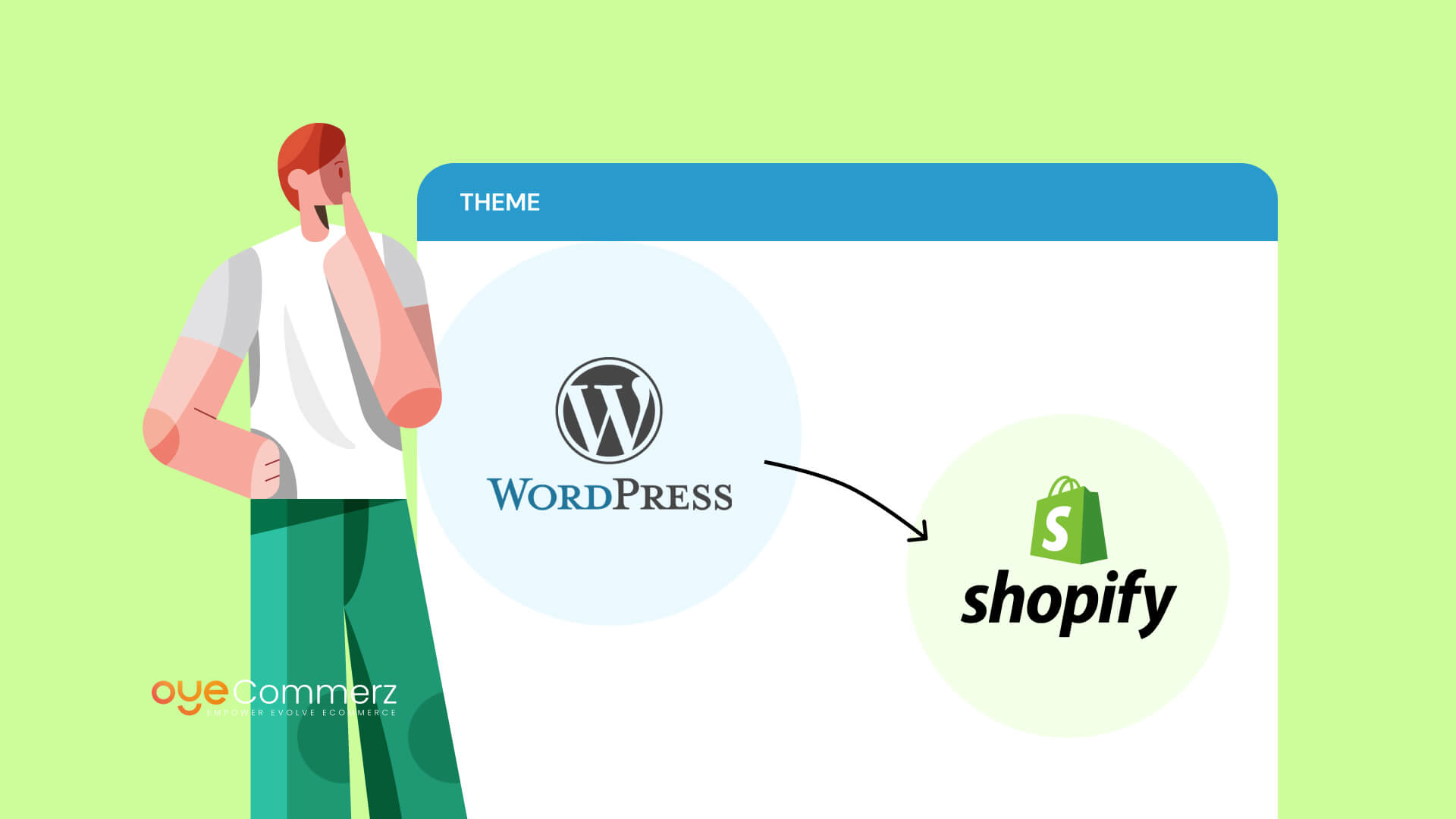In the dynamic sphere of eCommerce, choosing the best solution is vital for your company’s success. If you’re currently using WordPress and thinking about a migration to an alternative, you’re not by yourself. Numerous businesses are shifting to take advantage of Shopify’s comprehensive features, simplicity, and scalability. This guide will guide you on the journey of migrating from WP to this platform effortlessly, making sure that you realize your eCommerce potential.
Why Migrate from WP to this platform?
Prior to starting the migration procedure, it’s crucial to realize why this shift can be beneficial for your digital storefront:
Intuitive Design: Shopify features an straightforward system that streamlines store handling, enabling for non-technical users.
Growth Potential: As your business develops, Shopify can support increased visitors and transactions without affecting performance.
Built-in Tools: Shopify includes pre-installed features for search engine optimization, analytics, payment management, and more, eliminating the requirement for numerous plugins.
Robust Protection: With Shopify, you utilize robust security measures that safeguard confidential customer information.
Steps for a Smooth Migration
Migrating your digital shop from WP to Shopify requires several steps.
Here’s steps to facilitate a smooth transition:
Plan Your Migration Approach
Begin by outlining your migration blueprint. Pinpoint which aspects of your current site you want to move, such as:
Product data
Customer information
Transaction records
Articles
Select the Right Migration Option
Considering your preferences, opt for a migration service that fits your business. Professional services offers various plans:
Starter Package: Ideal for small stores with fewer products.
Regular Option: Appropriate for mid-range businesses with moderate needs.
Premium Migration Package: Perfect for big stores needing extensive customization.
Secure Your Data
Prior to beginning the migration, guarantee that you have a comprehensive copy of your WP site. This task is crucial in the event Shopify payment gateways setup anything goes off track during the migration.
Retrieve Your Information from WordPress
Use tools or manual methods to extract key information from your WordPress site:
Items
Users
Transactions
Content pieces
Upload Data into Shopify
After you have your data retrieved, employ Shopify’s import tools or specialized apps to upload your data into your Shopify store. Confirm that all information is properly organized and arranged.
Adapt Your Shopify Site
Following uploading content, tailor your Shopify store’s theme to match with your brand identity. Look into hiring a designer if you need advanced customization.
Establish TransactionOptions and Delivery Settings
Configure payment gateways and logistics options in Shopify to facilitate a seamless purchase experience for customers.
Apply Search Engine Optimization Best Practices
To preserve your online visibility during the transition:
Set up 301 URL mappings from old URLs to updated ones.
Revise descriptions.
Adjust visual content and copy for better ranking.
Evaluate Your Migrated Store
Prior to publishing, completely Shopify store management tools check your migrated platform. Check for any errors, payment processing issues, or incomplete files.
Publish Your Store
When everything is in ready, it’s the moment to launch! Inform the transition to your clients and motivate them to explore the enhanced offerings of your Shopify store.
Post-Migration Assistance
Post releasing your updated store, ongoing support is important. Think about engaging professionals who can assist with:
Site maintenance
Promotional campaigns
Enhancing features
Conclusion
Migrating from WordPress to this platform can be a crucial move for your online retail. By following this guide and working with tools like those offered by OyeCommerz, you can achieve a effortless transition that enhances your online presence. Accept the change and realize the full capabilities of Shopify today!
